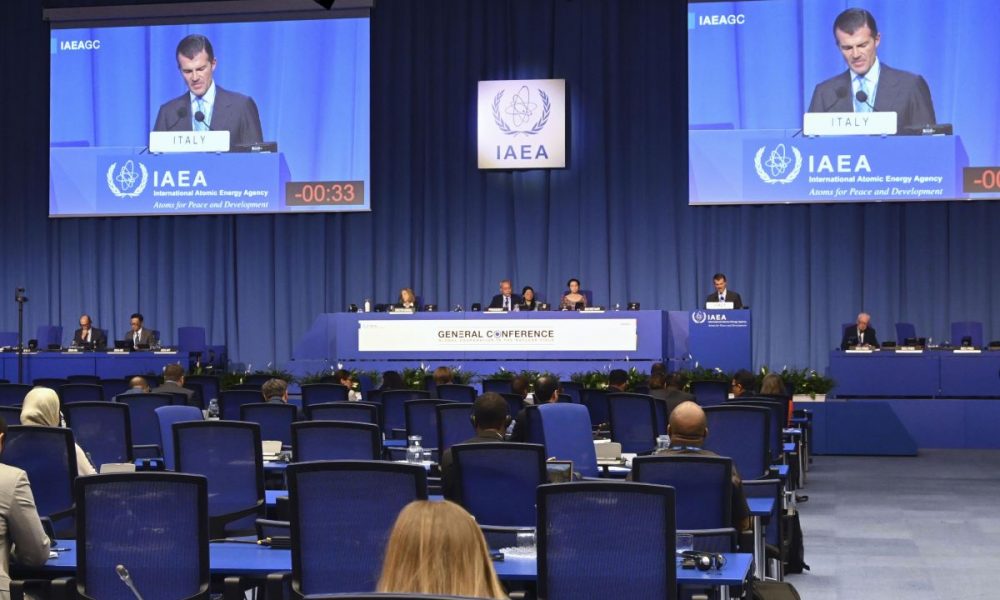
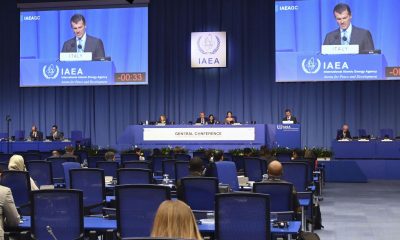

New testing by the IAEA involves laboratories from Canada, China, and South Korea, aiming to settle remaining concerns about Fukushima's treated water release.
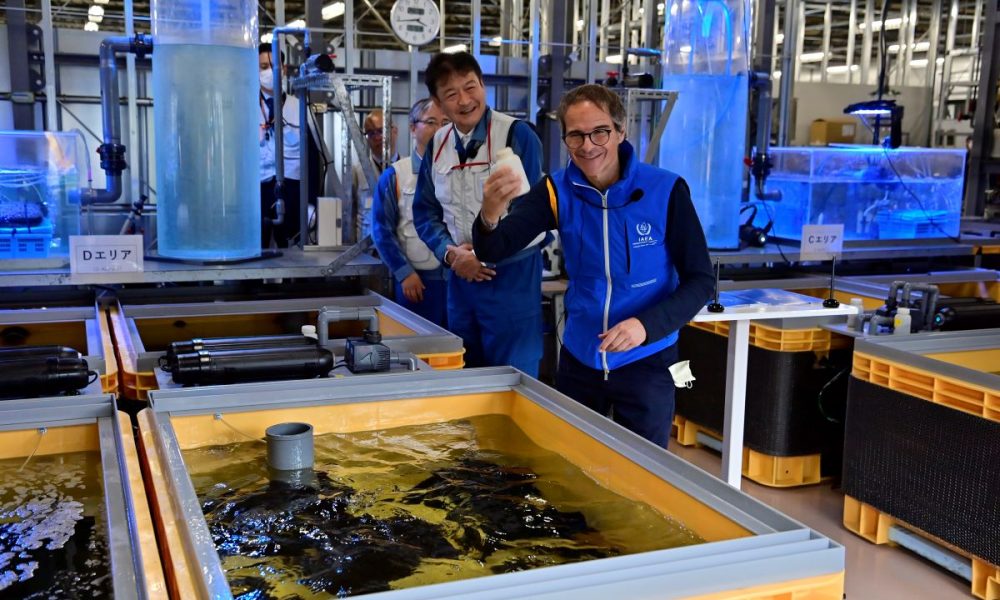
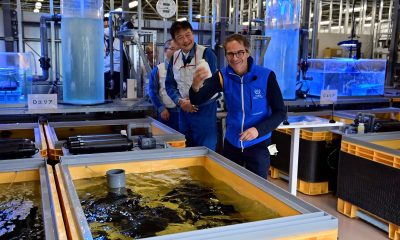

TEPCO's team is raising flounder in treated water and its tests confirm the tritium stays well below international standards without accumulating in the fish.
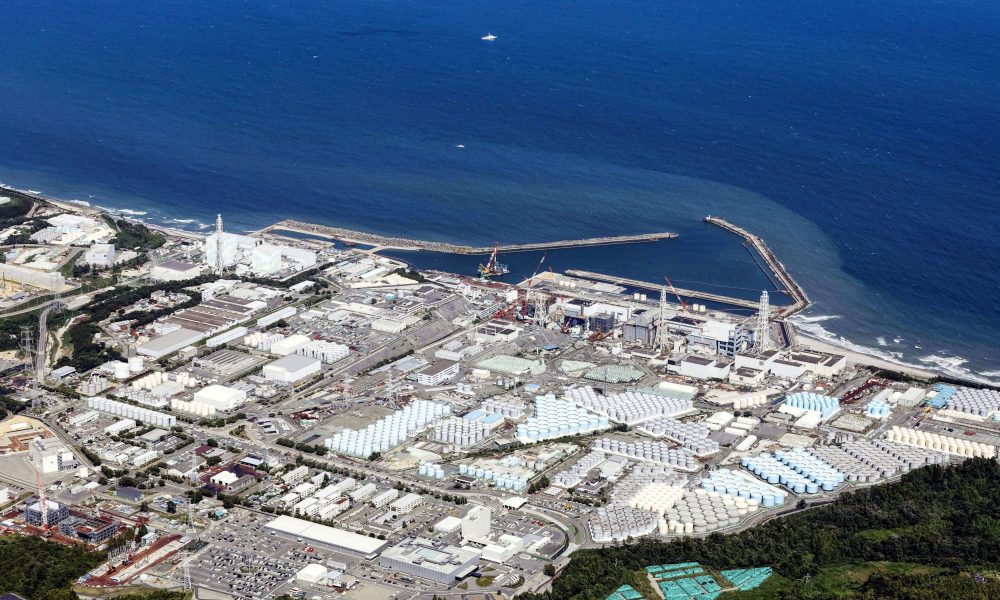
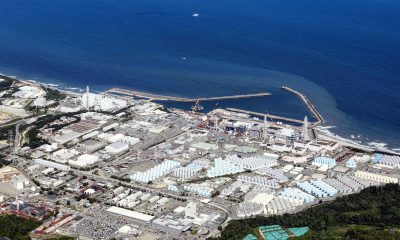

Like China, some opposition lawmakers in Japan use falsehoods to criticize the treated water release, increasing reputational damages to Japanese fishermen.
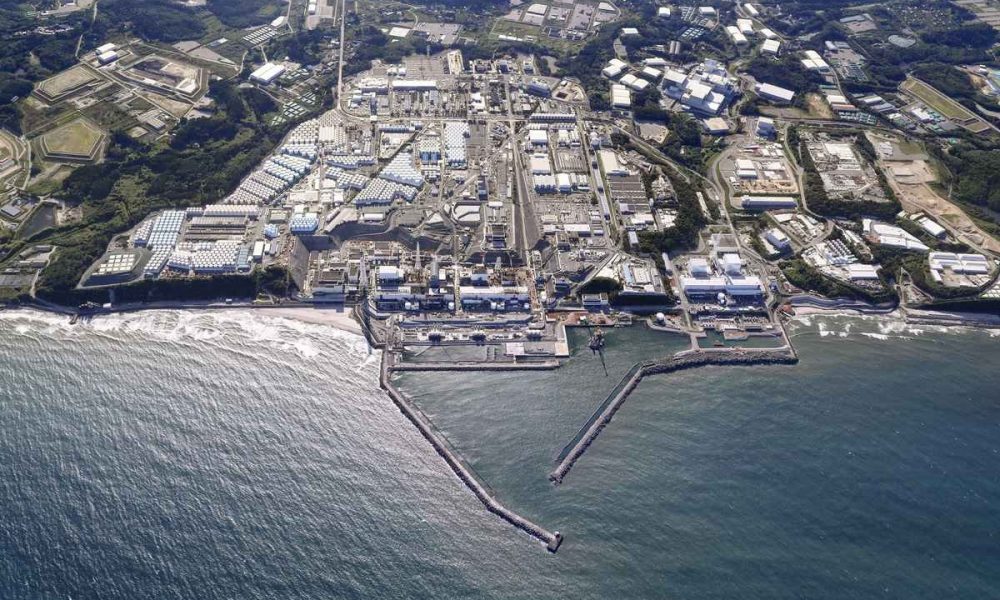
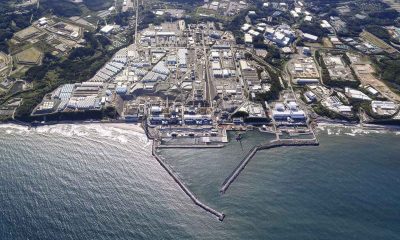

With hysteria rampant on Chinese social media following the release of ALPS treated water at Fukushima, we tackle some of the science behind Japan’s decision.
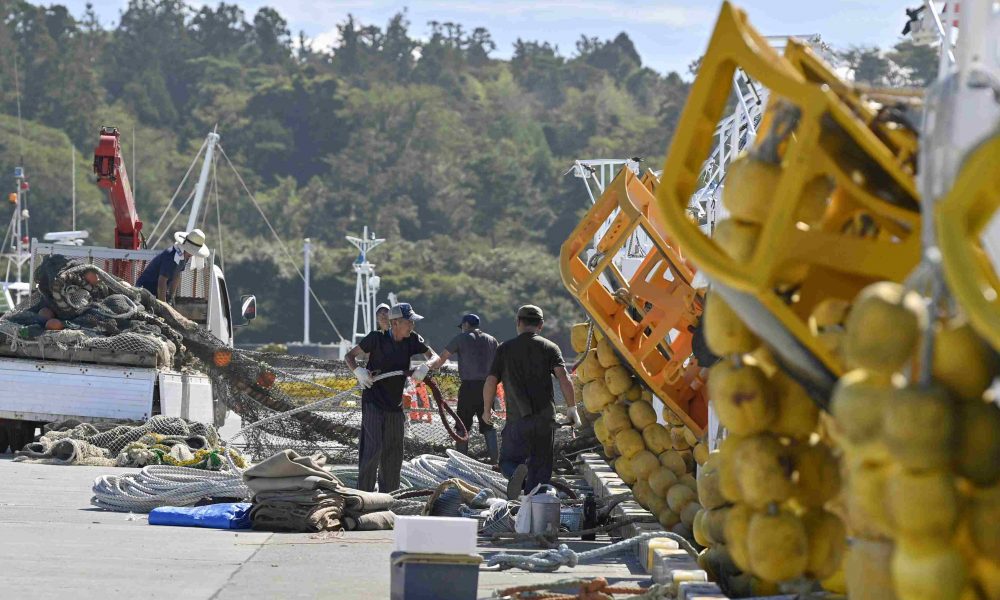
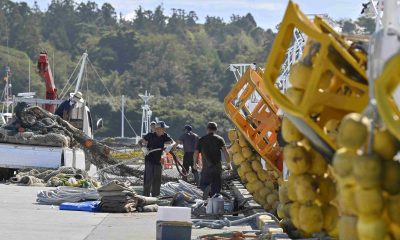

Scientists found no trace of radiation either in the water or in sea creatures. But motivated by nationalist politics, China has banned all Japanese seafood.
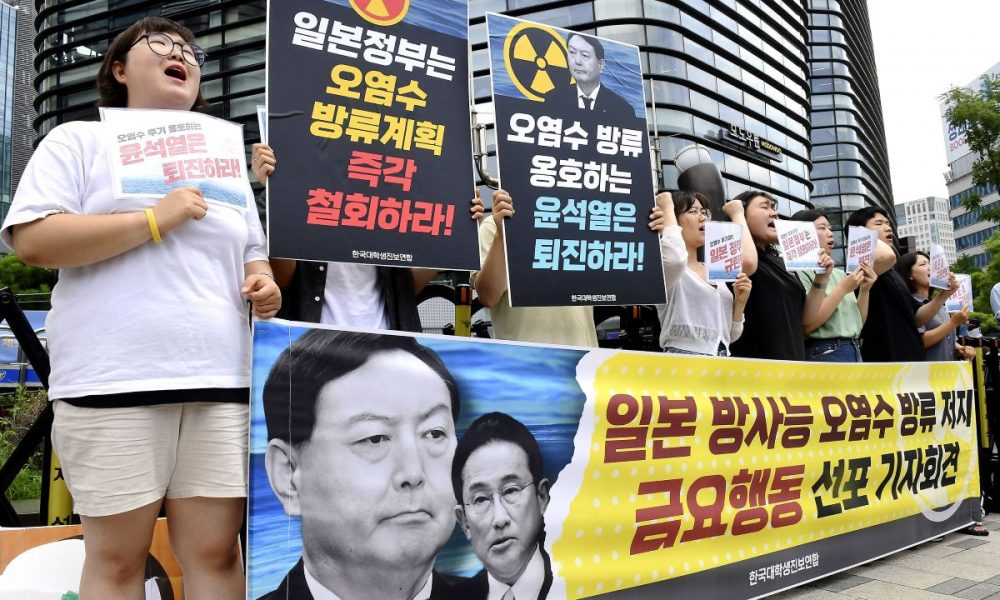
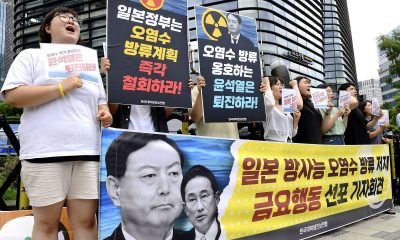

What is really behind the frenzy stirred up by South Korean opposition politicians, comfort women groups and media who are loudly protesting the Fukushima plan?
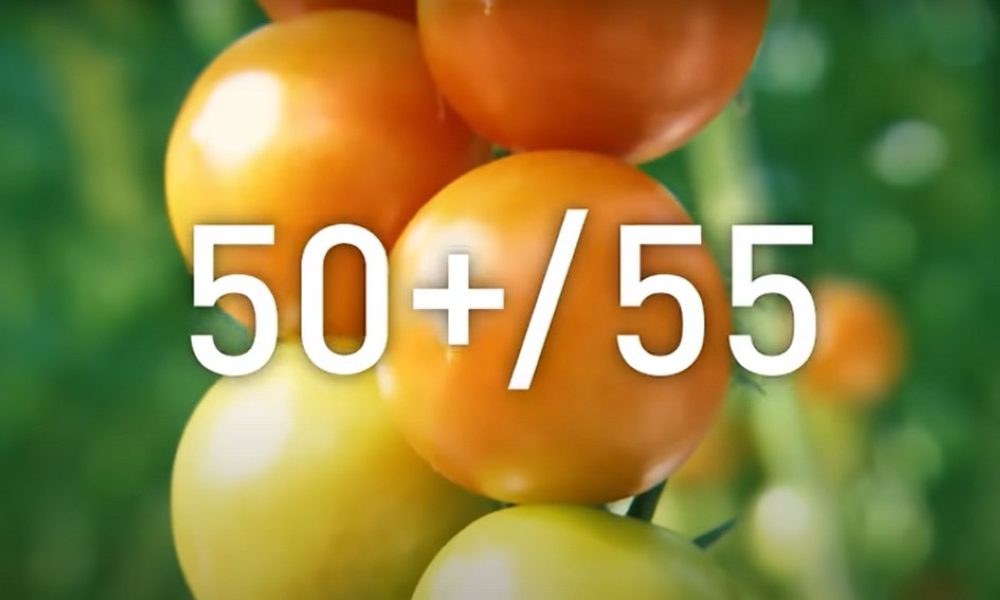
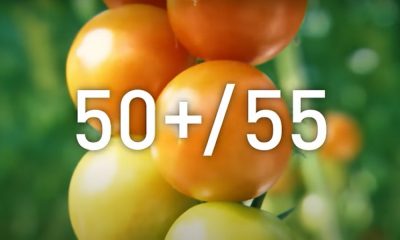

Eleven years after the March 2011 nuclear accident, most countries and regions have loosened measures for importing Fukushima’s highly tested famous products.
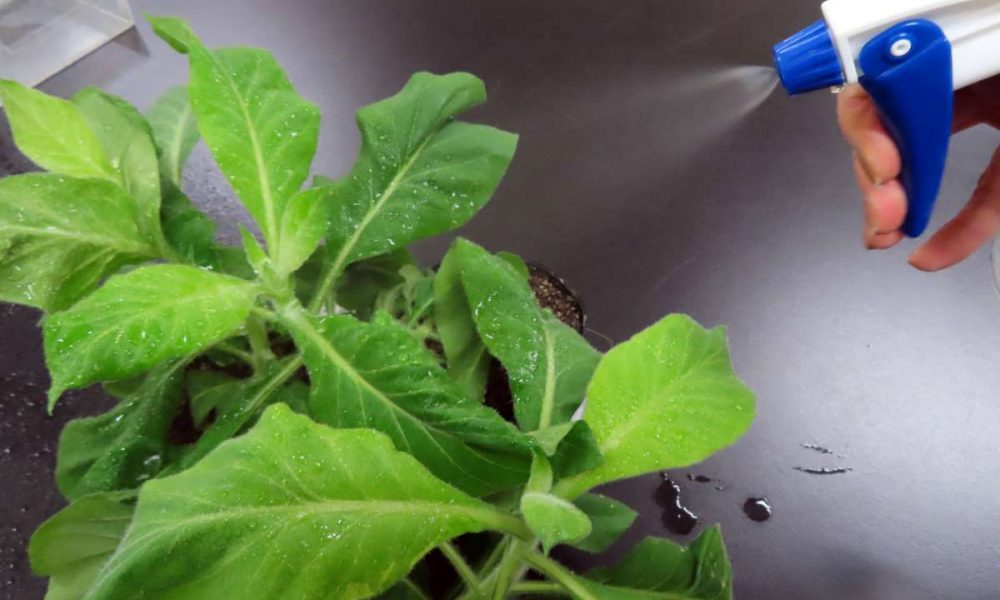
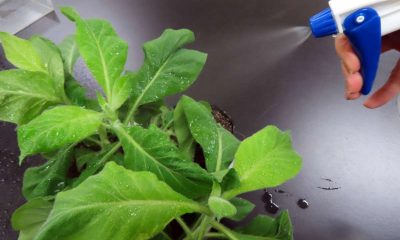

This method will make it safer and easier to repel pests, and can also help in the development of fruits and vegetables that provide more health...
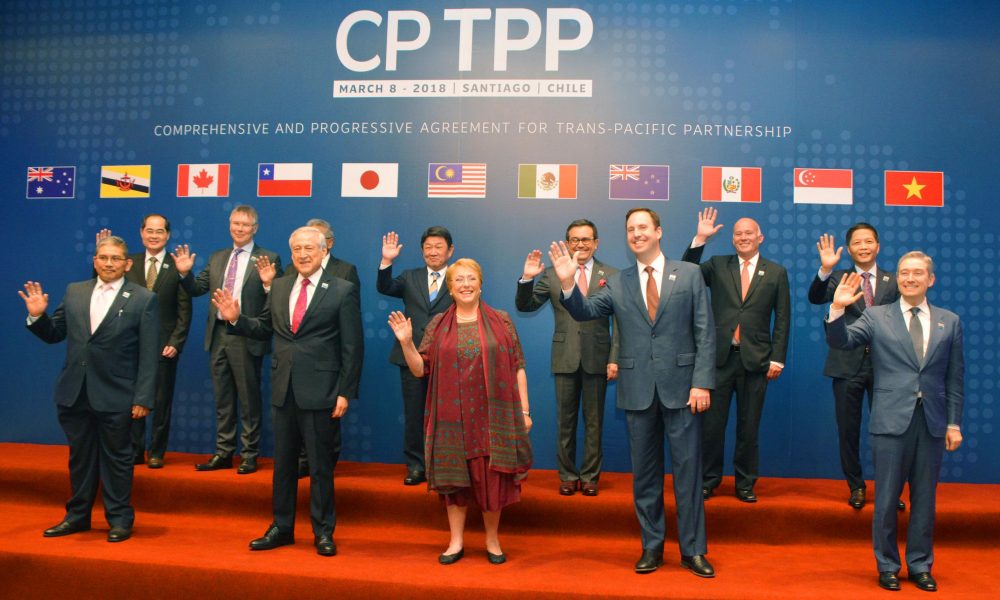
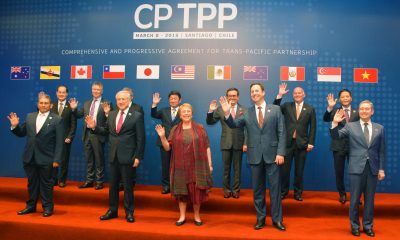

Taiwan should consider how only a partial lifting of restrictions on Fukushima food imports can affect its membership application with the Japan-led CPTPP.
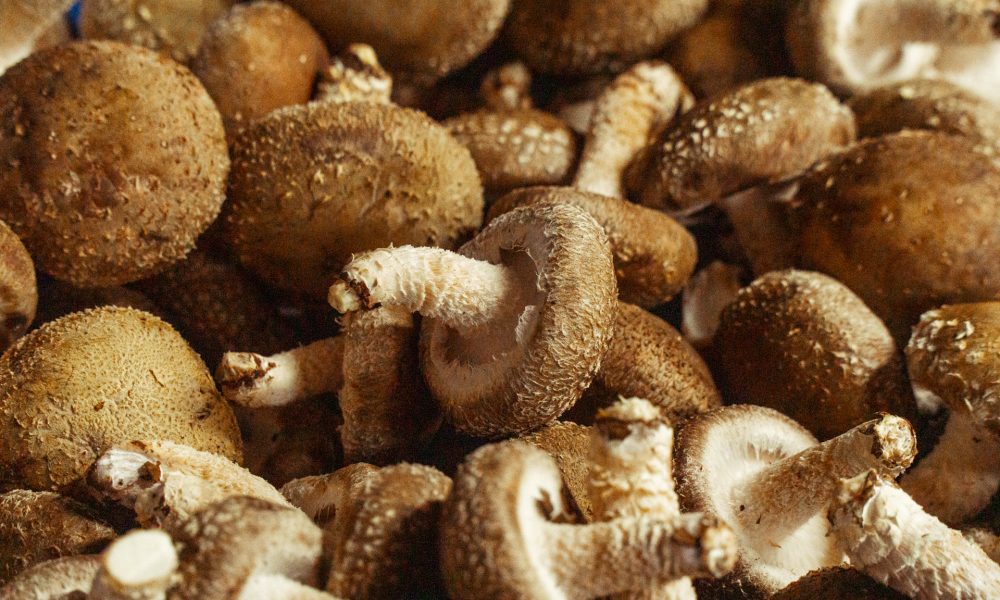
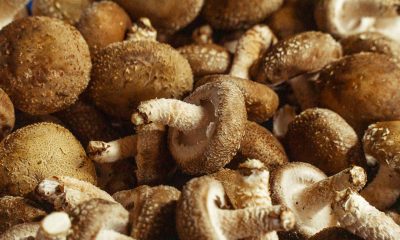

The Hibari Vegetable Garden Factory and Watanabe Farm are just a couple of examples of how, in the midst of adversity, Fukushima prefecture still produces safe,...
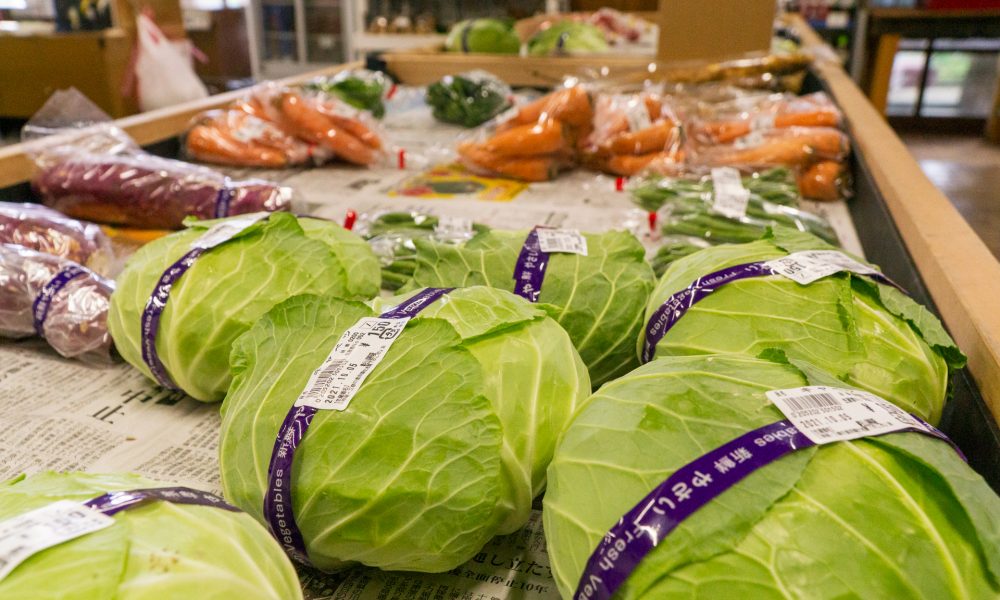
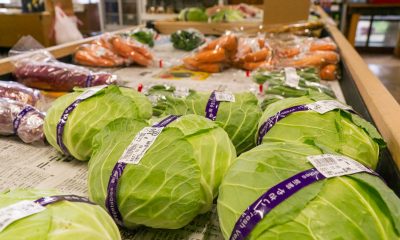

In the last eight years of thorough testing, Fukushima’s famous food products — such as rice, tomatoes, and cucumbers — have been consistently confirmed as safe...
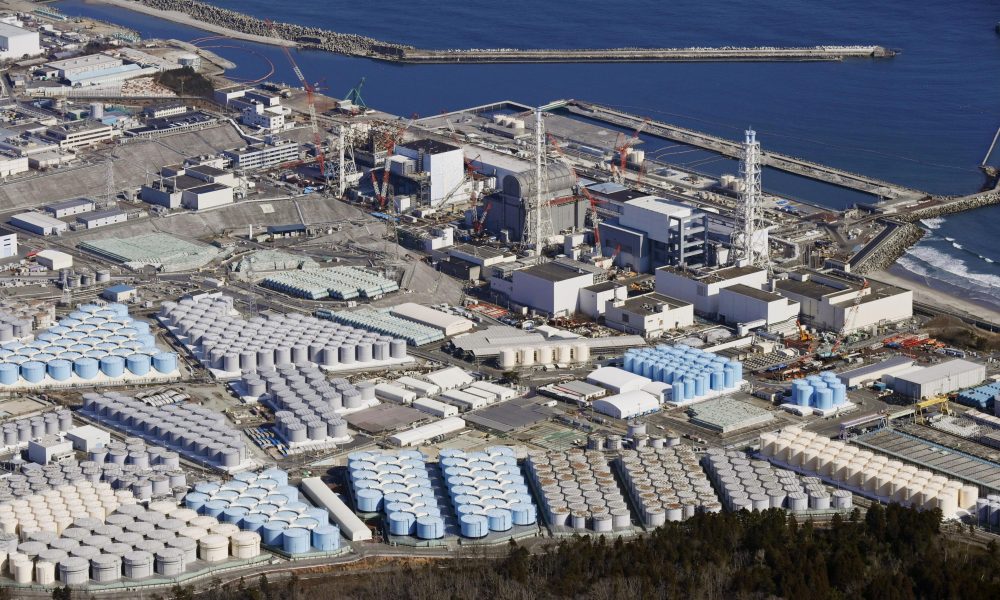
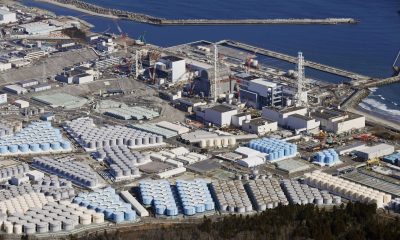

“They often test the fish of the region. I think that now we trust that what is being sold in shops is safe,” said a local...